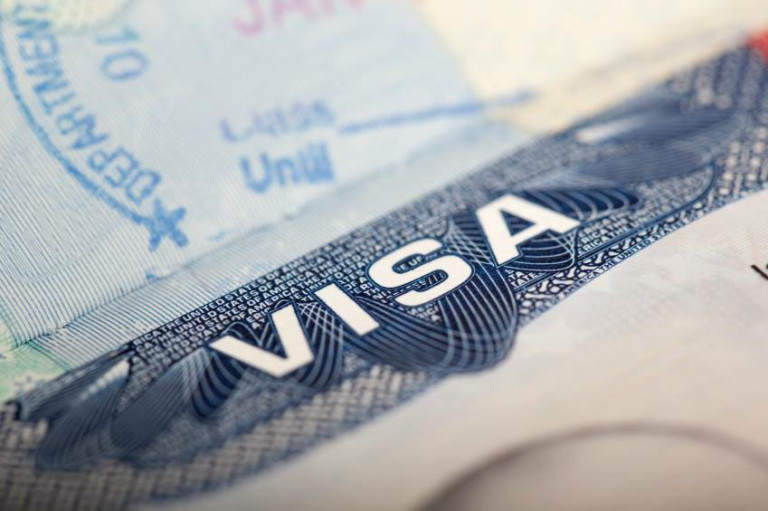Citing the need to preserve job opportunities for U.S. workers, President Trump signed an executive order (“EO”) banning the entry as new immigrants of certain foreign nationals for a 60-day period, effective just prior to midnight on April 23, 2020. Those who are subject to the ban will not be issued visas or admitted to the U.S. as immigrants (permanent residents) while the ban is in effect. Many classes of intending immigrants are expressly exempted from the order, as summarized below. For those who may be affected by the ban, we will continue to monitor developments in the coming days to see how this proclamation will be implemented, and to determine on a case-by-case basis whether and how there may be opportunities for relief. Notably, the EO also directs various agencies to review nonimmigrant visa programs within 30 days to determine if further restrictions are warranted in the interest of protecting the interests of U.S. workers.
The full text of the order is available online here.
What is Banned by the EO
Entry to the United States by immigrants (seeking admission to lawful permanent resident status) who meet all three of the following:
- outside of the United States at the end of the day on April 23, 2020;
- do not already have an immigrant visa that is valid on April 23, 2020; and
- do not have a current government travel document (such as a transportation letter, boarding foil, or advance parole document) valid on or issued after April 23, 2020.
Notably, the above class of intending immigrants does not include applicants for Adjustment of Status.
Who is Exempted from the Ban
Several classes of intending immigrants are exempted from the ban, even if they otherwise meet the three criteria noted above. In some cases, whether or not one is exempted will be subject to determination by a consular officer. Those exempted are:
- lawful permanent residents;
- intending immigrants seeking admission as a physician, nurse, or other healthcare professional, to perform medical research intended to combat the spread of COVID-19, or to perform work essential to combating recovering from or alleviating the effects of the COVID-19 outbreak (and their dependents);
- EB-5 immigrant investors and their dependents;
- spouses and minor children (under age 21) or prospective child adoptees of U.S. citizens;
- individuals whose entry would further important U.S. law enforcement objectives, as determined by the Department of State or the Department of Homeland Security;
- members of the U.S. Armed Forces, their spouses, and their children;
- certain Iraqi and Afghani employees of the U.S. government and their dependents; and
- individuals whose entry would be in the national interest as determined by the Department of State or the Department of Homeland Security.
How (and for How Long) the Ban Will Be Enforced
Consular officers are empowered to determine whether an exemption is applicable to individual visa applicants. Border inspectors are empowered to enforce the ban at ports of entry. Priority deportation or removal is a penalty for unlawfully circumventing the ban. The ban does not preclude refugees from seeking asylum or withholding of removal under U.S. law. Although the EO is scheduled to expire at midnight on June 22, 2020, it may be extended “as necessary.”
What We Don’t Yet Know
As of this writing, there continue to be a lot of unknowns about the EO. We expect to learn more in the coming days regarding how each agency will implement the EO, and whether there will be any new procedures or guidelines for determining the applicability of the exemptions in individual cases. We will be monitoring federal litigation that may affect the enforceability or scope of the ban. And we will be watching for the introduction in the coming weeks of additional measures that may impact nonimmigrants and others who are not affected by the EO in its current form. It is not clear how long these measures will be in effect, although we anticipate it is unlikely the President will backtrack on immigration initiatives prior to the upcoming elections in November 2020.
How SGG Can Help
Please contact SGG for assistance in evaluating your options under your particular circumstances, if it appears the EO may have an adverse impact on your immigration interests or those of your employees.

